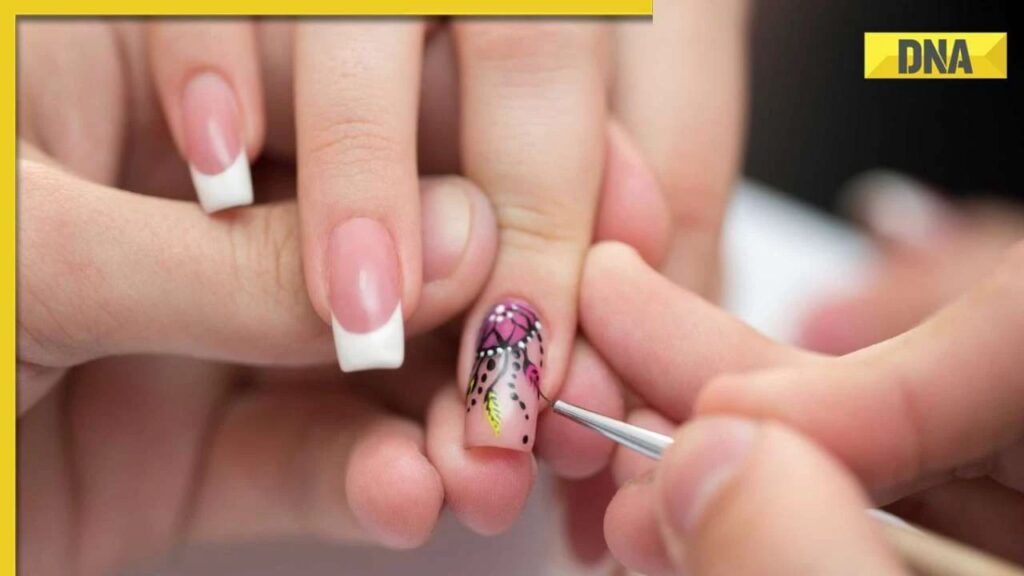Nail Extensions: 5 Reasons to Avoid

Image Credit: DNA
While nail extensions may seem tempting for achieving longer and more glamorous nails, there are several significant reasons why it’s crucial to avoid them. Here are five compelling reasons why you should steer clear of nail extensions:
- Nail Damage: Nail extensions can weaken and damage your natural nails. The process of applying and removing extensions often involves filing and buffing, which thins the nail bed and weakens its structure. This can lead to brittleness, breakage, and long-term damage.
- Risk of Infection: Nail extensions create an environment that is conducive to the growth of bacteria and fungi. Moisture can become trapped between the extension and the natural nail, increasing the risk of infections such as fungal nail infections or bacterial nail bed infections. These can be painful and challenging to treat.
- Allergic Reactions: The materials used in nail extensions, such as acrylic or gel, can cause allergic reactions in some individuals. Skin redness, itching, or even more severe allergic responses can occur. It’s essential to consider the potential risks before exposing yourself to these materials.
- High Maintenance: Nail extensions require frequent maintenance and touch-ups. Regular visits to the salon for infills and repairs can be time-consuming and costly. Additionally, the constant application of chemicals and filing can be taxing on your natural nails.
- Limiting Daily Activities: Nail extensions can restrict your ability to perform everyday tasks. Simple activities like typing, cooking, or even opening packages can become challenging due to the added length and thickness of the extensions. This limitation may impact your productivity and overall comfort.
It’s important to prioritize the health and well-being of your natural nails. Instead of nail extensions, focus on maintaining a healthy nail care routine. Regularly trim and shape your nails, moisturize your cuticles, and apply strengthening treatments to keep your natural nails strong and beautiful.
Re-reported from the story originally published in DNA








